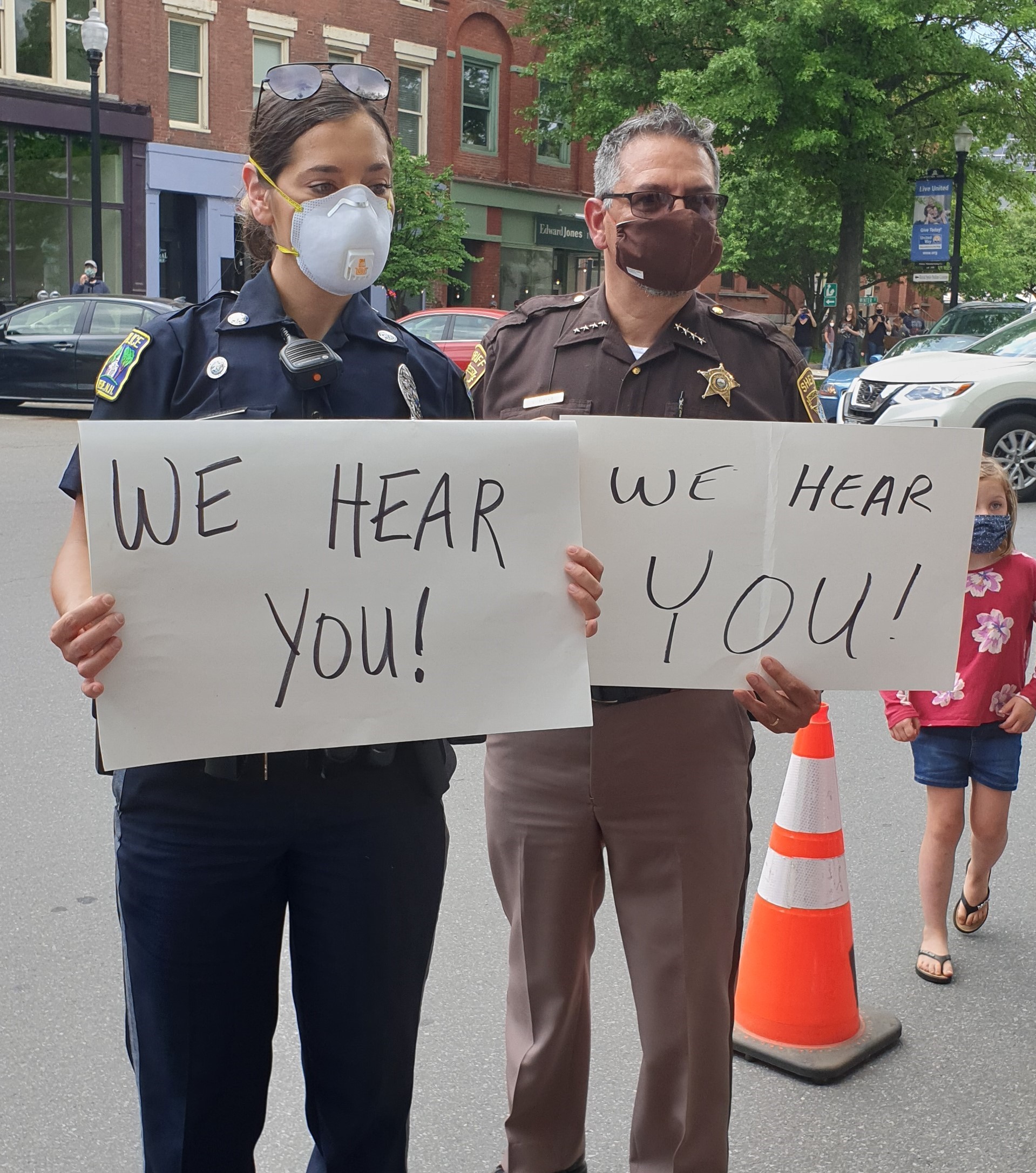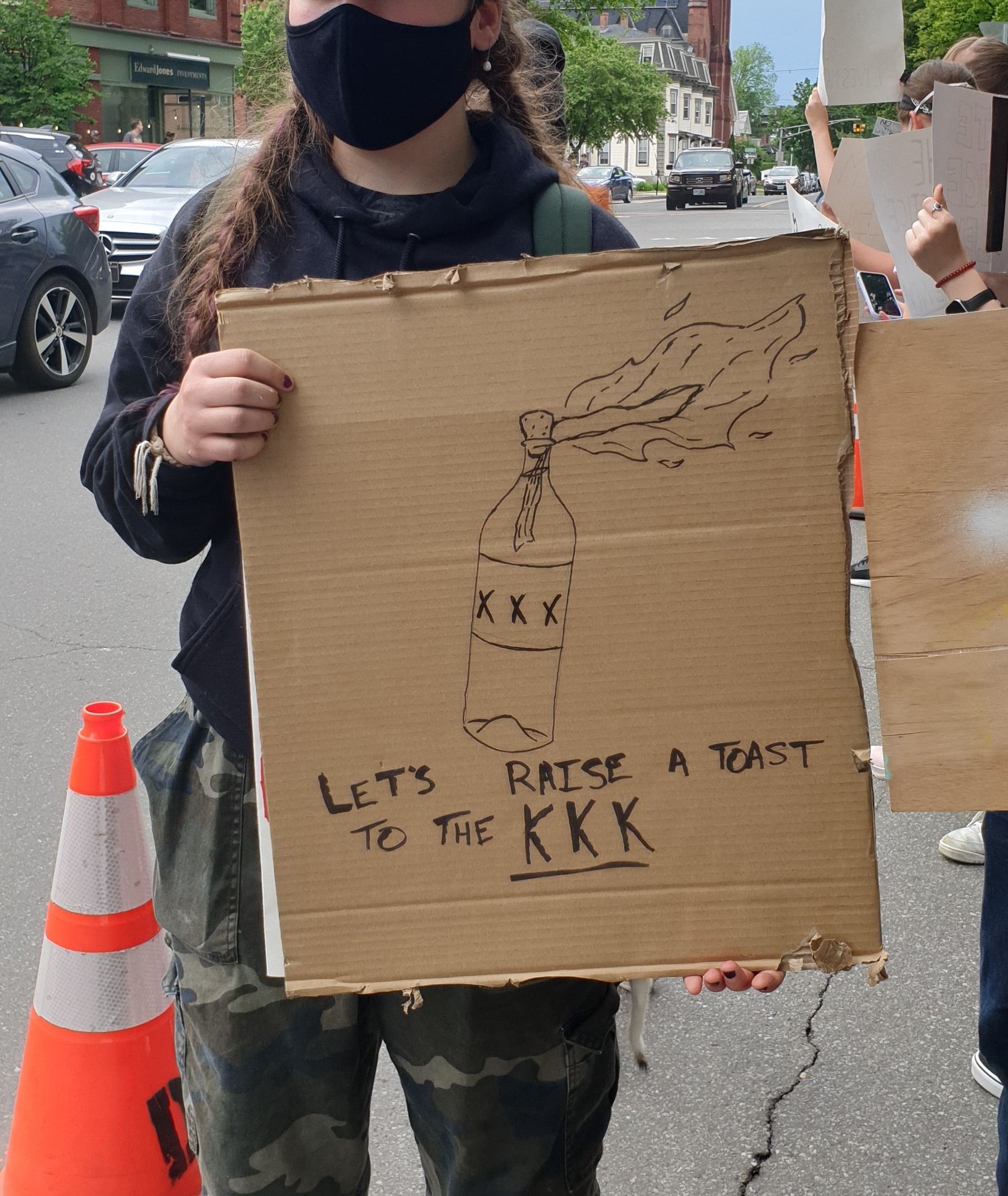Call For Change
An Age of Social Justice Movements
On March 24th, 2018 chants of “Vote them out!” rang out from the throats of over 200,000 angry protesters. I was among them. The March for Our Lives was a student-led protest in support of legislation to prevent gun violence in the U.S. It took place in Washington, D.C. after the Stoneman Douglas High School shooting, which happened a month prior. The event gained national recognition and was described as a “possible tipping point” for gun control legislation. It was certainly a tipping point for me.
I’ve experienced the aftermath of a shooting in my own school, so the march was something I personally cared about, although at first I wasn’t taking it seriously. For me, going to the march was just an excuse to take a roadtrip with two of my best friends and see D.C. for the first time. Plus, in addition to the normal speakers, there was a performance from Lin-Manuel Miranda and Ben Platt that I was excited to watch. It was essentially a glorified field trip. The mood stayed light and everyone was walking around, joking, and making new friends.

My two friends on the left and me on the right.
Then, it started. The mood transformed. Suddenly, through 200,000 people, there was silence as the speakers came on stage. The energy was palpable; a mix of anger, determination, and kinship. I remember thinking, This has to change something, it can’t be worse than this. I was so moved by what was happening and I felt like my generation was doing something right as the march was largely organized and attended by young adults and high schoolers. There was an acknowledgment that every person there was working toward the same goal and witnessing that crowd in person made it hard to believe it wouldn’t stimulate a change.
Growing up we are taught about social justice movements as if they are historical events and are not things that still happen. We are given the impression that people like Rosa Parks and Martin Luther King Jr. are in the past and that we are living in a society that they made better. This is true, to an extent. Their history is closer to the present than we realize and, though we can see the success of their movements, there is still a long way to go.

Many social justice movements, such as Black Lives Matter, have received criticism for the intense and sometimes destructive behavior of some protesters. The truth is, that’s how it’s always been. We’d like to think that we are evolved enough to solve societal issues without these extremes, but that’s just not the case. We have always needed extreme measures to promote change and we may always need them. Individuals can be mad about how our society works all they want, but without movements and combining our voices no real action would take place.
When I attended the march as a teenager I was young, naive, and ignorant. It was the first time I realized that social justice movements are still very much a thing, I can be a part of them, and I should be a part of them. Many in my generation are realizing the same thing.

Now, in the midst of a global pandemic, I am once again surrounded by angry protesters, throats raw from screaming, but this time the words have changed from “Vote them out” to “I can’t breathe” in memory of George Floyd. In the US, and many countries around the world, protests for Black Lives Matter are building in numbers. Once again, I can feel that the energy has changed. Anger dominates. Now, we are fed up with inequality and we are fed up with not being heard.
Complacency is the enemy of change. We need active involvement. Seeing firsthand the way my generation fights for change allowed me to let go of a worldview that centered around myself and my experiences. I realized that I was an idiot in thinking that being a part of social justice movements “wasn’t my place” because that’s the point! Regardless of political views or background, it is everyone’s right to voice the changes they want to see.
My personal beliefs have not changed, but now I educate myself on what I don’t know and try to rid myself of complacency. Social justice is never on the back burner; there will always be people struggling for equality and those fighting for it.

